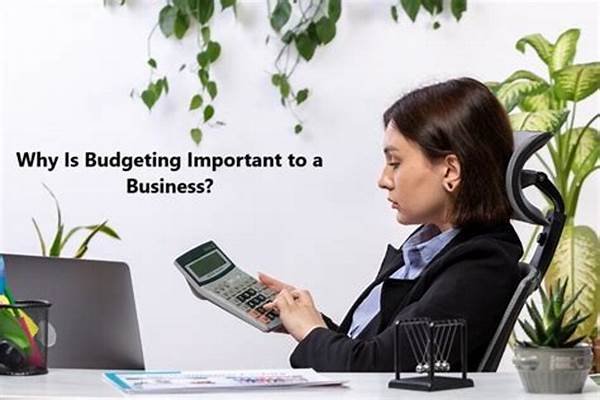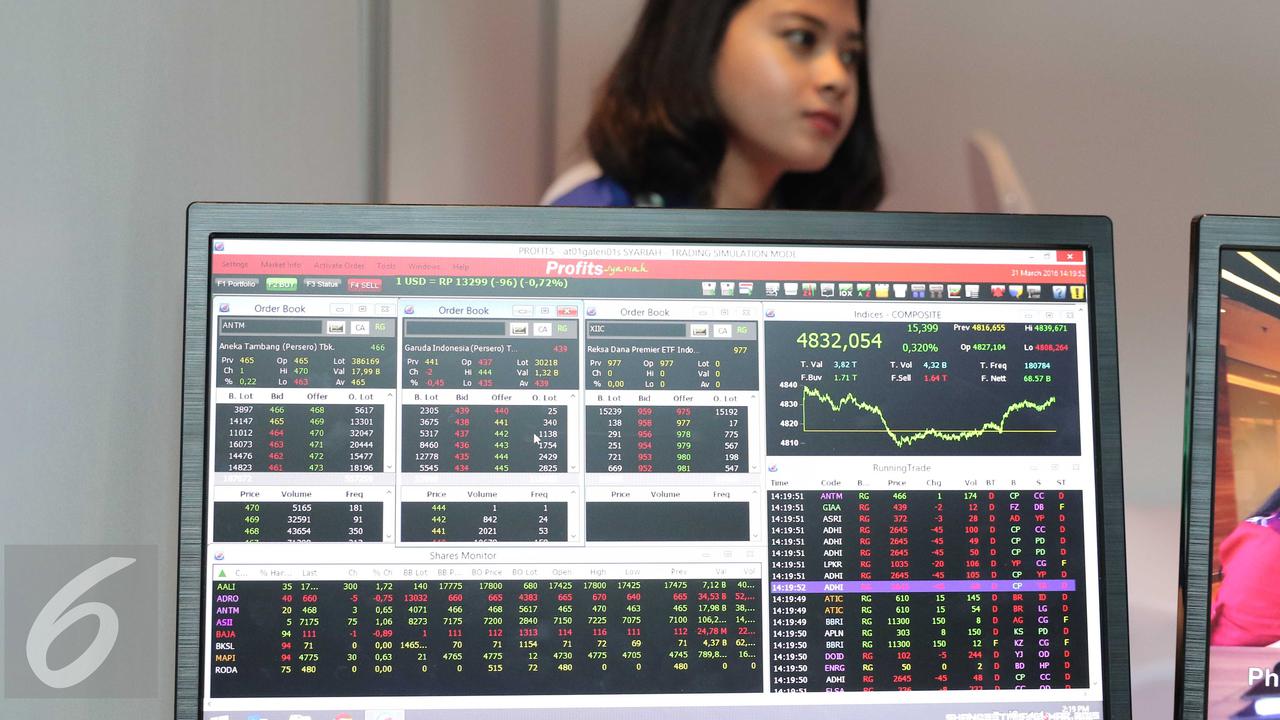Why Minimalist Budgeting Is Trending In 2025
- Why Minimalist Budgeting is Trending in 2025
- Goals of Minimalist Budgeting in 2025
- Six Topics Related to “Why Minimalist Budgeting is Trending in 2025”
- Structure and Flow of Minimalist Budgeting
- The Emotional and Practical Aspects of Minimalist Budgeting
- Seven Tips for Embracing Minimalist Budgeting in 2025
- The Journey to Financial Freedom Through Minimalist Budgeting
Why Minimalist Budgeting is Trending in 2025
In recent years, we’ve seen a growing trend towards minimalism, and it’s not just about decluttering your living space or wardrobe. Enter minimalist budgeting, a streamlined approach to managing finances that focuses on simplicity, necessity, and intentionality. But why is minimalist budgeting trending in 2025? Let’s dive into the reasons behind this financial phenomenon and discover how it’s capturing the imagination of anyone looking to gain control over their monetary life.
Read More : The Anti-procrastination Cure: How Setting Up Automatic Debt Payments Guarantees Progress!
The appeal of minimalist budgeting lies in its foundation of cutting out unnecessary expenses to focus on what truly matters. It’s like giving your wallet a spa day, detoxing from financial clutter. According to recent statistics, the average American household wastes approximately 30% of their income on non-essential items. That’s like buying a closet full of clothes and only wearing three shirts! Minimalist budgeting encourages people to ask themselves, “Do I really need this?” and tailor their spending habits accordingly.
Moreover, this trend is fueled by the digital age, where apps and online tools make it easier than ever to track expenses and identify wasteful habits. This kind of transparency is empowering. No more financial guesswork or wondering where your money went; you know exactly where every penny is. The minimalist budgeting craze also taps into an emotional desire—the yearning for freedom from financial stress and the desire for a life free of clutter. By adopting minimalist budgeting, people are not just saving money, but they’re also buying peace of mind.
Consumer testimonials reveal that people who practice minimalist budgeting report feeling more in control of their lives. They enjoy increased savings, greater financial security, and even stronger relationships, as money becomes less of a contentious issue. This lifestyle choice also resonates with the cultural shift towards sustainability. Spending less means consuming less, which is better for the planet. Therefore, it’s no surprise that minimalist budgeting is trending in 2025, aligning perfectly with modern values.
The Digital Influence on Minimalist Budgeting
As we embrace a more digital world, technology undeniably plays a crucial role in the rise of minimalist budgeting. Mobile apps like Mint, YNAB (You Need A Budget), and even Google Sheets empower individuals to keep an impeccable record of their finances, promoting a minimalist approach to budgeting. In a world overflowing with financial advice and investment opportunities, these digital tools offer a streamlined, no-nonsense way to manage money.
But the journey doesn’t stop here; this minimalist wave is just beginning to ride high, and the impact it’s making is profound. The excitement is palpable. If you haven’t considered minimalist budgeting yet, now might be the perfect time to join the movement and revolutionize how you manage your finances.
Goals of Minimalist Budgeting in 2025
The prime purpose of minimalist budgeting is not just to survive economically, but to thrive in a way that enhances your quality of life. So, what are the overarching goals of minimalist budgeting in 2025? To kick things off, it’s about achieving financial serenity. Imagine a life where your monthly bills don’t hunt you down like wolves, and your savings grow steadily like a well-tended garden.
People practicing minimalist budgeting aim to create not just a temporary fix, but a lifelong strategy. By focusing on essential spending, individuals discover they have more money left for emergencies, retirement, and things they truly value, such as travel or education. The goal is to make mindful choices every day that lead to long-term financial well-being.
A crucial aspect of minimalist budgeting is reducing decision fatigue. In today’s fast-paced world, deciding where to spend your money can become overwhelming. Minimalist budgeting provides a simplified financial playbook, allowing you to worry less about financial decisions and focus more on enjoying life’s precious moments.
The cultural shift towards valuing experiences over possessions feeds into this mindset. Minimalist budgeting nurtures this by encouraging spending on experiences that enrich life rather than material possessions that may offer only temporary happiness. This budget-centric lifestyle model is more aligned with modern societal values, which is why minimalist budgeting is trending in 2025.
Another important goal is supporting a sustainable lifestyle. With pressing environmental concerns, many have embraced minimalist budgeting as part of a broader commitment to reduce waste and consumption. By spending less on unnecessary items, individuals contribute to preserving our planet for future generations.
How Minimalist Budgeting Supports Work-Life Balance
A fascinating outcome of minimalist budgeting is its impact on work-life balance. By prioritizing savings and reducing expenses, many find they can afford to work less or choose more fulfilling, albeit lower-paying jobs. This lifestyle change reduces stress and increases happiness, proving that money isn’t everything.
Achieving Happiness Through Minimalist Budgeting
Ultimately, minimalist budgeting in 2025 is a testament to the search for happiness and fulfillment. It’s about finding your ‘why’ and aligning your financial decisions with your core values. This financial philosophy encourages a deeper investigation into what truly matters and illuminates the path towards a peaceful, simplified, and content lifestyle.
Six Topics Related to “Why Minimalist Budgeting is Trending in 2025”
Structure and Flow of Minimalist Budgeting
At its core, minimalist budgeting encourages simplicity and conscious spending. But how does this work in practical terms?
In a world that’s becoming increasingly complex, people crave clarity and simplicity. Minimalist budgeting fulfills this need by cutting through the noise of financial advice, helping individuals focus on essentials. The methodology involves tracking every expense, categorizing them, and removing non-essential spending.
The process might sound restrictive, but it is quite liberating. Imagine opening your financial app and seeing a clear, concise chart of where your money is going—a breath of fresh air compared to the chaotic spreadsheets of yesteryear. With fewer categories and more focused goals, minimalist budgeting offers a simple blueprint for financial success.
Unleashing the Power of Simplicity
Simplicity is the ultimate sophistication, and minimalist budgeting embodies this philosophy down to the last cent. As people engage with this trend, they not only clean up their financial lives but often find that they are decluttering other areas as well. This resulting harmony is perhaps the biggest reason why minimalist budgeting is trending in 2025.
The Emotional and Practical Aspects of Minimalist Budgeting
Minimalist budgeting isn’t just a practical financial tool; it’s an emotional journey toward a more fulfilling life.
Transformative Effects on Well-Being
Research has shown that financial stress is a major cause of anxiety and depression. By simplifying financial management, minimalist budgeting makes room for peace of mind. Practitioners often find that, as they gain control over their finances, they experience a surge in personal well-being and happiness.
Managing finances might not seem emotional, but in reality, it’s deeply intertwined with our identities and life aspirations. Minimalist budgeting pulls back the curtain on unnecessary distractions and stressors, allowing people to focus on things that bring genuine joy.
People practicing minimalist budgeting frequently mention the joy of seeing tangible progression towards their goals, whether it’s paying off a student loan or saving for a dream vacation. This progress fuels motivation and reinforces the effectiveness of the plan, making financial management feel less like a chore and more like an achievement.
The Social Element of Minimalist Budgeting
Interestingly, minimalist budgeting has a social component. As more people adopt this lifestyle, communities form, offering support and sharing advice. Whether it’s through online forums, social media groups, or weekend workshops, communities dedicated to minimalist budgeting offer a blend of accountability and encouragement.
Why Minimalist Budgeting is a Financial Revolution
The reasons why minimalist budgeting is trending in 2025 are multifaceted and deeply rooted in both practical and emotional needs of individuals. It’s not merely a budgeting tool; it’s a financial revolution that challenges the norms of consumerism while embracing a lifestyle that prioritizes contentment and ecological stewardship. For those who have embarked on this journey, the benefits far outweigh the discipline required to maintain it.
Seven Tips for Embracing Minimalist Budgeting in 2025
The Journey to Financial Freedom Through Minimalist Budgeting
Minimalist budgeting may initially seem daunting but don’t worry; the path to simplicity is more accessible than it appears. The key is to embrace the journey and know that change takes time. Each step you take towards cutting unnecessary expenses will free you from the shackles of consumer culture.
In conclusion, why is minimalist budgeting continuing to trend in 2025? It’s simple: people are craving freedom—freedom from financial stress, life clutter, and the societal pressures to consume more than needed. As you strip away what doesn’t matter, what remains is what holds the most significance. Those brave enough to embark on this journey find it’s not just a method of budgeting; it’s a gateway to rediscovering and realigning with one’s core values.




